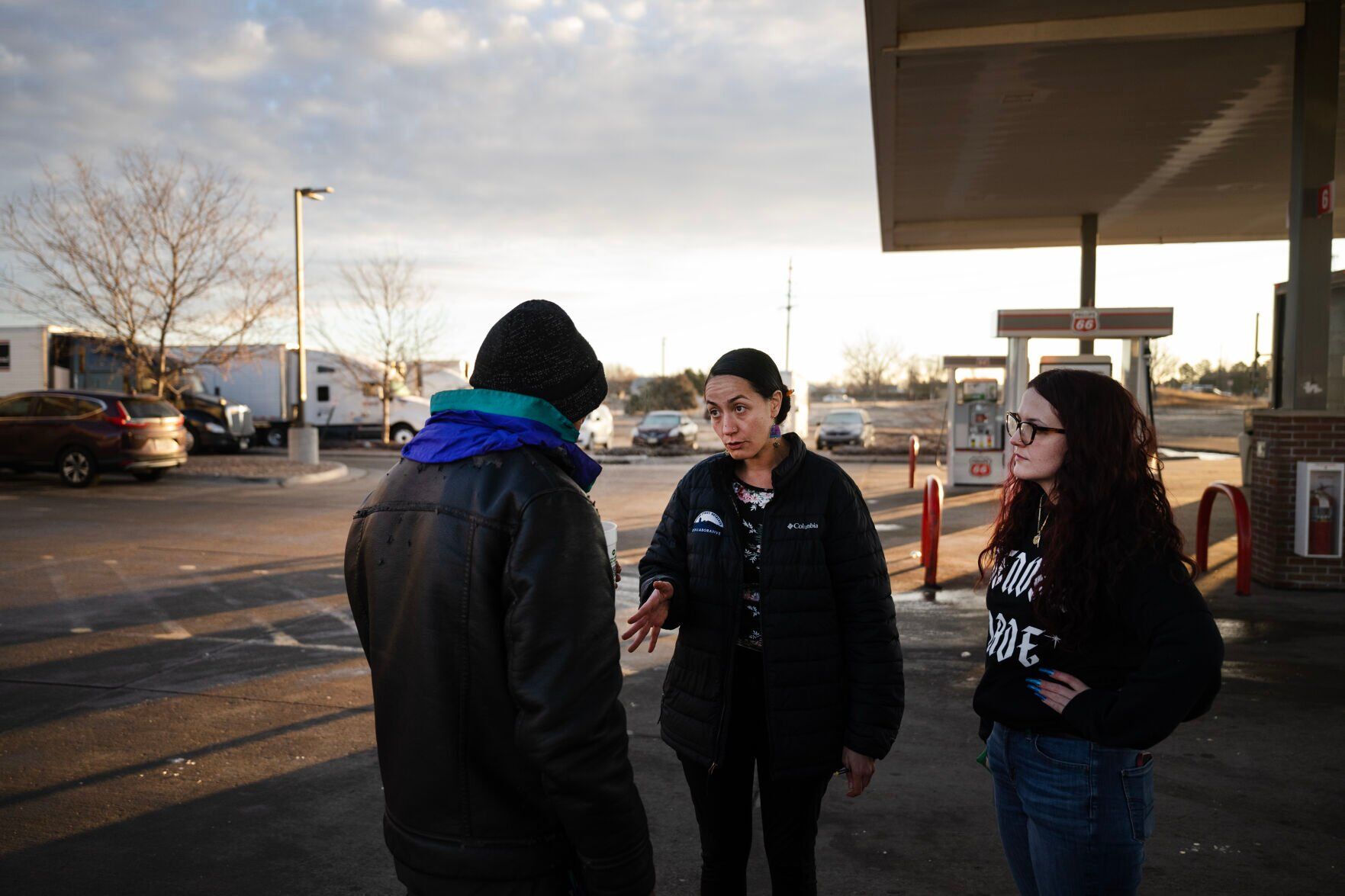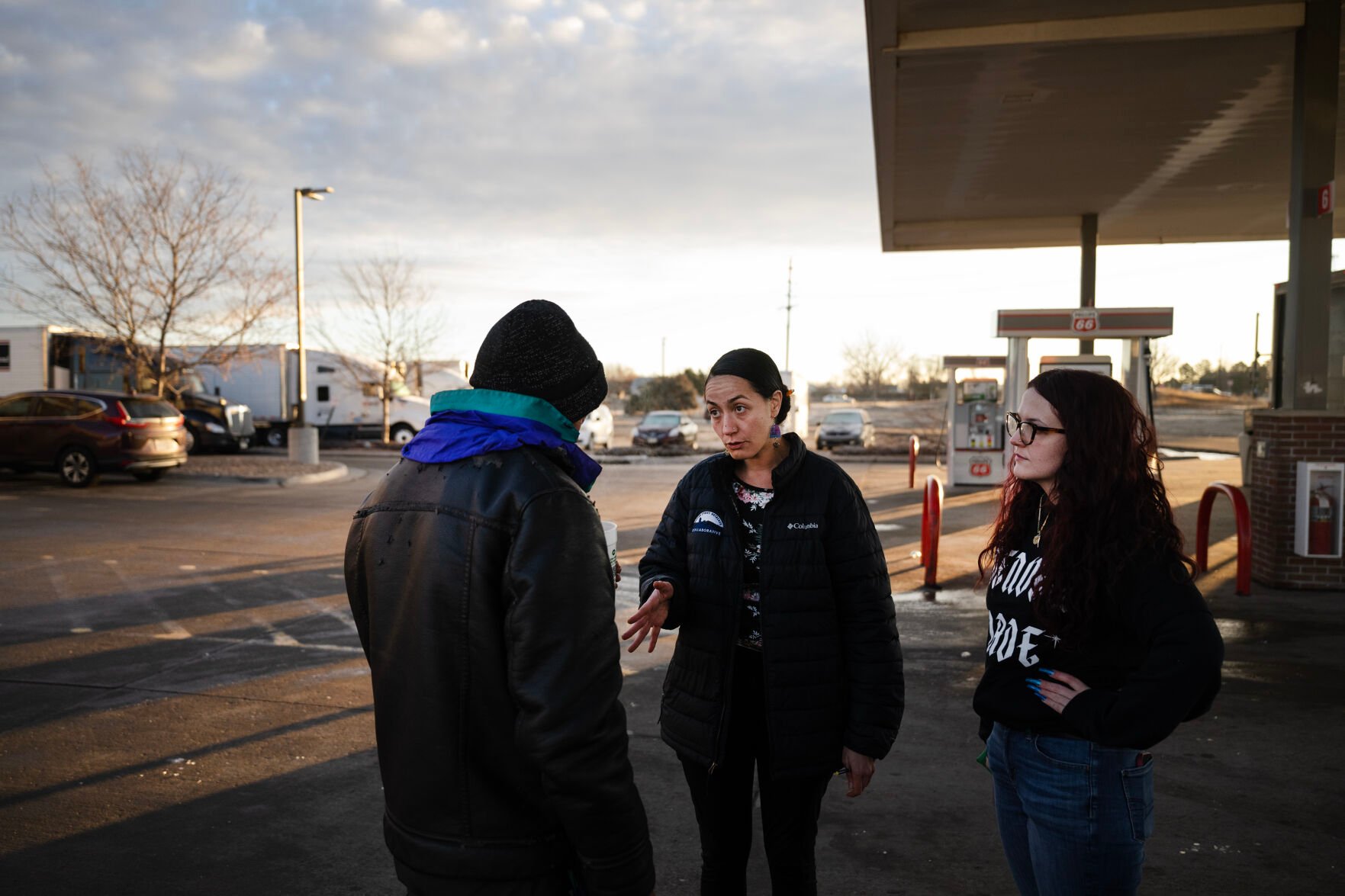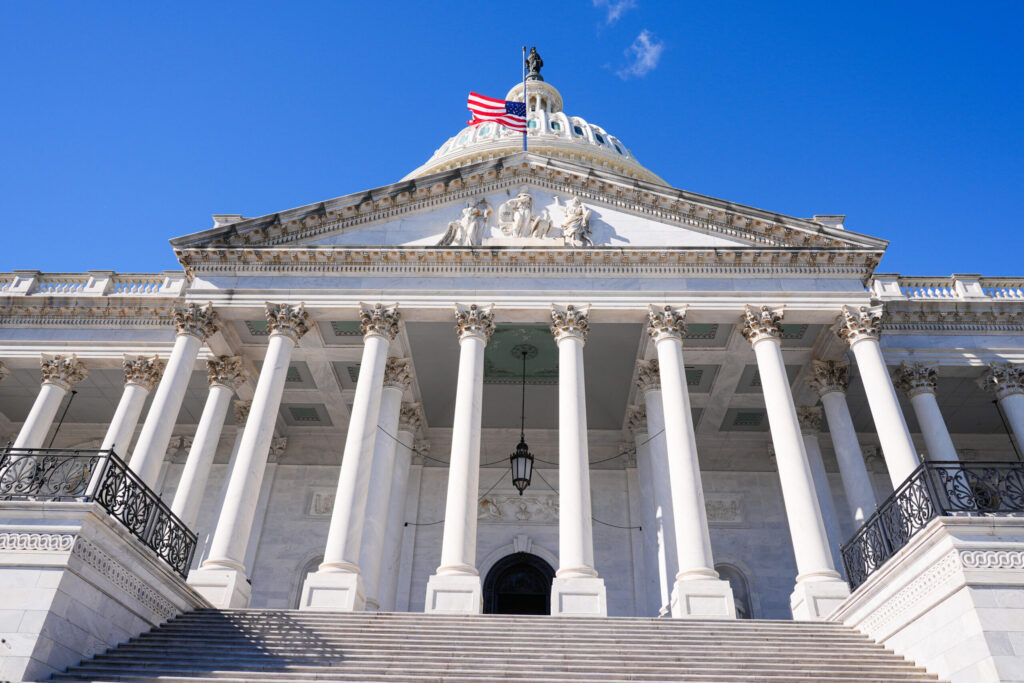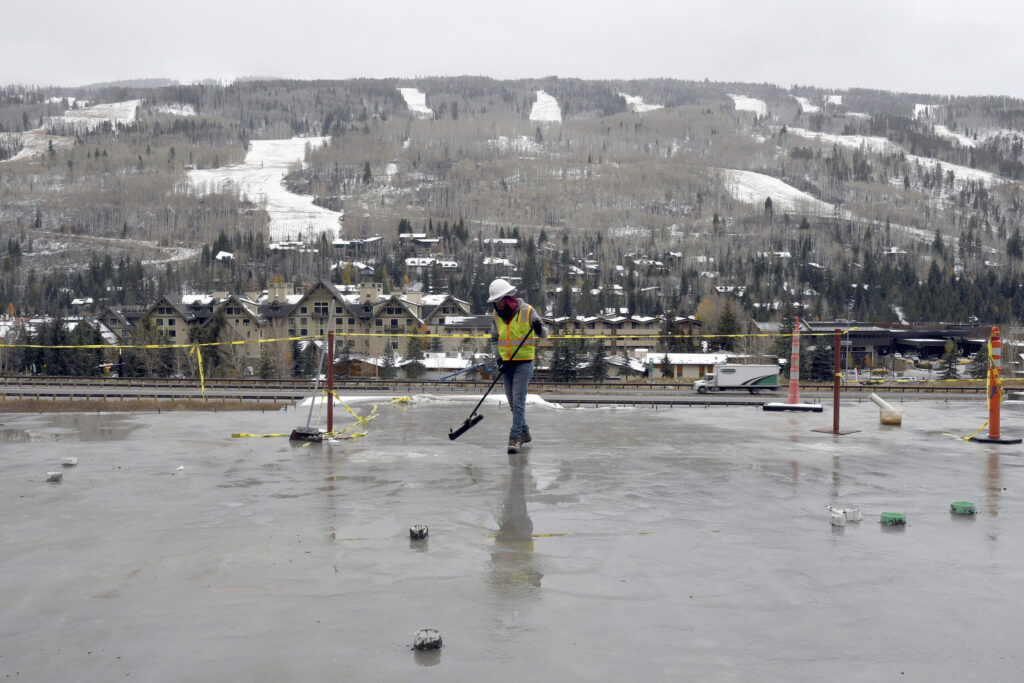Aurora council confirms federal funds for homeless nonprofits

The Aurora City Council confirmed in a study session on Monday night its direction on agreements with homeless service providers that will receive American Rescue Plan Act money, a decision the council made at its winter workshop in February.
Monday night’s confirmation of those funds will help staff move forward with agency agreements.
Late last year, staff recommended reduced funding to homeless service providers due to a decrease in marijuana sales tax revenue.
The recommendations, which slashed funds entirely for some service providers, were met with resistance from providers themselves and a few councilmembers – resulting in a conversation to use federal dollars to supplement the funding.
They confirmed Monday that they will provide APRA funding to Bridge House, Family Tree, Gateway Domestic Violence, Mile High Behavioral Healthcare’s Colfax Community Network, Salvation Army’s SOS Chambers and Peoria, and Restoration Christian Ministries.
They voted not to provide ARPA dollars to Aurora Housing Authority, Aurora Mental Health and Recovery, Colorado Coalition for the Homeless, Mile High Behavioral Healthcare Comitis Crisis Center or Aurora Day Resource Center.
Bridge House and Family Tree were both cut from all funding in the original staff proposals, which allocated marijuana sales tax revenue. With the ARPA dollars, these organizations will see their city money allocations go back up to flat funding from 2023 to 2024.
Restoration Christian Ministries and Salvation Army were both allocated cannabis sales tax dollar revenue in the original staff recommendations, but had both been cut some funding between 2023 and 2024. With the ARPA dollars, these organizations will also reach flat funding.
Overall, the support adds up to just under $460,000 in ARPA money to homeless service providers in the city.
The decision also finalized a total cut in support to Colorado Coalition for the Homeless.
In total, with both marijuana tax revenue dollars and ARPA funds, the following organizations would receive from the city:
- Mile High Behavioral Healthcare – $1 million
- Aurora Housing Authority – almost $300,000
- Restoration Christian Ministries – $215,000
- Salvation Army – about $230,000
- Aurora Mental Health and Recovery – $120,000
- Gateway Domestic Violence – $160,000
- Colorado Safe Parking Initiative – $75,000
- SungateKids – $17,000
- Bridge House – $50,000
- Family Tree – $98,000
- Colorado Coalition for the Homeless – $0
Cassie Ratliff, the chief impact officer for nonprofit Family Tree, said in November they were “extremely disappointed” in the proposed cuts.
“This is funding that we were depending on to be able to provide services,” Ratliff said. “We were just really disappointed in that decision and we will continue to advocate for the needs of this program.”
After Monday’s confirmation that Family Tree will receive ARPA funding, Ratliff said they are “pleased” with the decision.
While they have not received an official notice, award or contract from the city yet, they will put the money toward their GOALS program – a two-generation housing program for homeless families.
The program provides a living space for families while they work on creating long-term stability goals. The housing lasts for four-to-nine months with a year of follow-up support, according to its website.
Cathy Alderman, a spokesperson for Colorado Coalition for the Homeless, said in November that they were “surprised and disappointed” to learn of complete lack of city financial support.
After learning that they would be cut from all monetary support, including ARPA dollars, Alderman told The Denver Gazette that the coalition is “scrambling” to figure out how to replace that lost revenue.
While the coalition, unlike many nonprofits, has the advantage of being a bigger and more established organization than many, it still relies on government grant money and donors, Alderman said. With a significant funding cut from one of their sources, she said they are scrambling to find a way to fill that gap without cutting services.
In particular, the funding cut from the coalition was money that went toward supportive services for veterans, providing on-site case management, health care and services to help veterans stay housed.
The coalition hopes they don’t have to cut any services from the program, but it’s a consideration, Alderman said.
“We’ve been able to put pieces of the puzzle together to make it work, but not being able to count on those funds doesn’t mean those funds just appear from somewhere else,” Alderman said.
Alderman said the communication between the city and the coalition has been minimal.
“I know we’ve had some communication from staff members in various departments, but I don’t recall councilmembers asking what the impact would be, which tells me maybe they don’t care,” Alderman said.
Much of the decision on which organizations to provide money to using ARPA dollars had to do with services for families, councilmembers said. It also had to do with the city’s recent move forward with its regional homelessness navigation campus project, which will be a “one-stop-shop” for services.
Since the navigation campus – which is scheduled to be operational by early 2025 – won’t be providing support for families, Councilmember Alison Coombs suggested in January allocating extra funding to organizations in Aurora that help families, including Family Tree, Colfax Community Network and Gateway.
Councilmembers agreed, allocating funding to the three organizations and citing their emphasis on helping families.












